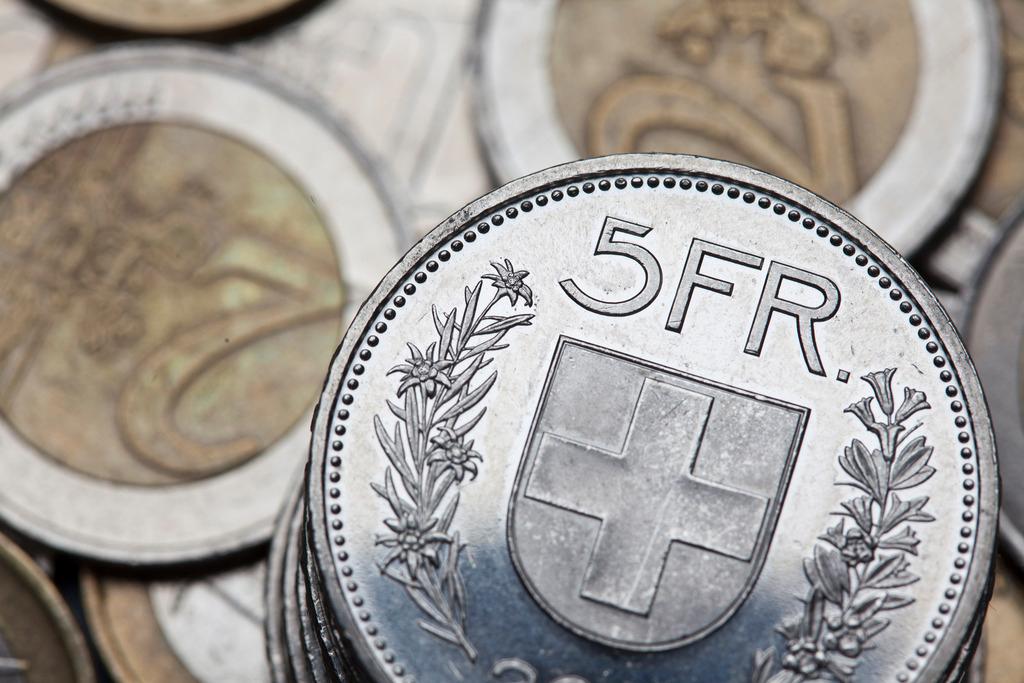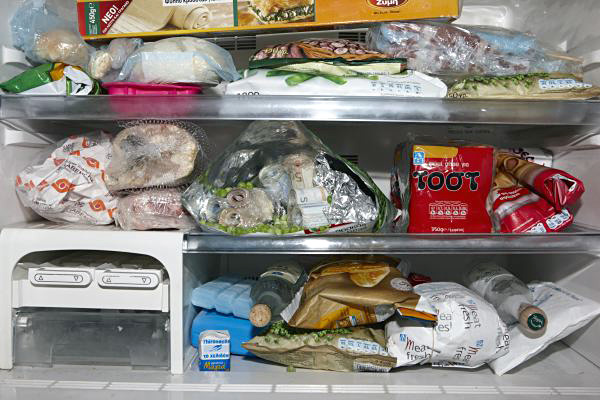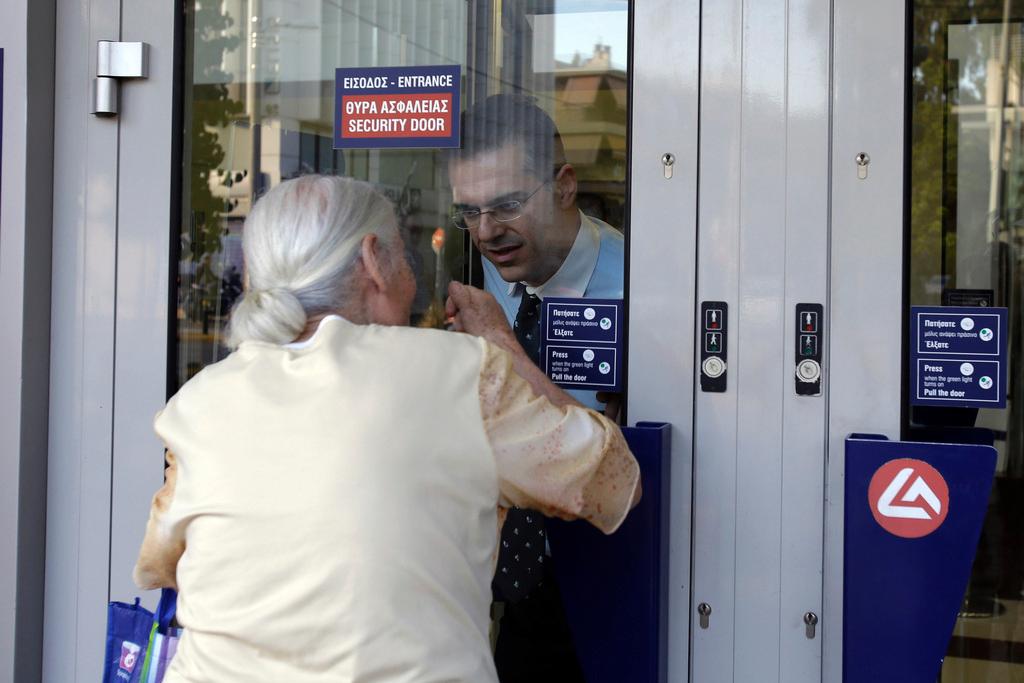Franc fluctuating but stable after Greek vote

Fears that the euro would drastically lose ground against the Swiss franc following Sunday’s Greek referendum have been largely quieted despite some volatility in the foreign exchange markets.
The euro weakened from CHF1.044 to just under CHF1.036 on Sunday night as news of the Greek ‘No’ vote to European Union austerity demands filtered through. But the exchange rate soon bounced back to above CHF1.04 and was flirting with levels seen at the end of last week.
The Greek rejection of economic reforms that would underpin future loans has raised the spectre of emergency funding drying up and a possible exit of Greece from the euro. That in turn has increased demand for safe haven currencies such as the Swiss franc.
Last week, Greece defaulted on a €1.5 billion (CHF1.6 billion) loan repayment to the International Monetary Fund.
Swiss exporters and hoteliers have already been suffering lost profits since the Swiss National Bank (SNB) in January ended its artificial capping of the euro-franc exchange rate at CHF1.20. Each further weakening of the euro against the franc increases the chance of Swiss job losses, insolvencies and relocation of production abroad.
In an interview with Le Temps newspaper on Monday morning, Swiss Economics Minister Johann Schneider-Ammann revealed his concerns over the Greek referendum. “The pressure on the franc is perhaps going to intensify,” he said.
“Uncertainty about Greece remains very high, underpinning demand for the Swiss franc,” Bank Sarasin forex expert Ursina Kubli told swissinfo.ch. “We will continue to face this in the coming weeks.”
SNB intervention
However, the reaction of foreign exchange rates was not as volatile as some observers had expected. “The financial markets have got used to the idea of a possible Grexit,” Kubli added.
The SNB has also stated on numerous occasions that it stands ready to intervene in the forex markets, buying up euros, should the need arise. Last Monday, SNB Chairman Thomas Jordan made a rare announcement that it had done just that to curb the rise of the franc against the euro.

More
Private banking, Greek-style
Figures released by the SNB on Monday suggested that the intervention had not been very large. The level of sight deposits at the SNB (money held at the central bank by commercial banks) rose from CHF456.5 billion to just under CHF458 billion last week.
But while sight deposits give a rough indicator of the amount the SNB is putting into interventions, they may not necessarily tell the whole story, according to Kubli.
“The SNB may have intervened to a greater extent than is visible in sight deposit figures, possibly by using some options,” she said. Kubli added that the SNB intervention strategy appeared to be geared to kick in once the exchange rate threatens to sink below CHF1.03.
Bank Sarasin believes the franc-euro exchange rate will hover around the CHF1.044 mark for some weeks before rising to CHF1.08 by the end of the year. That prediction relies on the slow eurozone recovery moving at the same pace and does not calculate the effects of a Grexit.
Some factors improving
However, Kubli is confident that a Greek exit of the euro would not be as damaging to Switzerland as in previous years when other EU countries were also struggling to contain debt.
“The EU peripheral countries [including Portugal and Ireland] are not in as bad an economic state as they used to be,” she told swissinfo.ch. “So while a Grexit would undoubtedly have a negative effect, it would be less serious now.”
The rise of the United States economy and the dollar could also provide a buffer against the franc. The US Federal Reserve has hinted it might raise interest rates in the autumn, making the greenback more attractive to investors than in the last few years.

In compliance with the JTI standards
More: SWI swissinfo.ch certified by the Journalism Trust Initiative




You can find an overview of ongoing debates with our journalists here. Please join us!
If you want to start a conversation about a topic raised in this article or want to report factual errors, email us at english@swissinfo.ch.